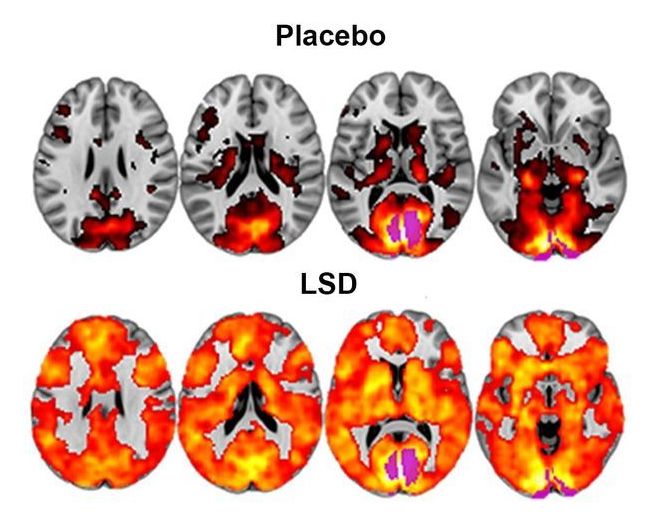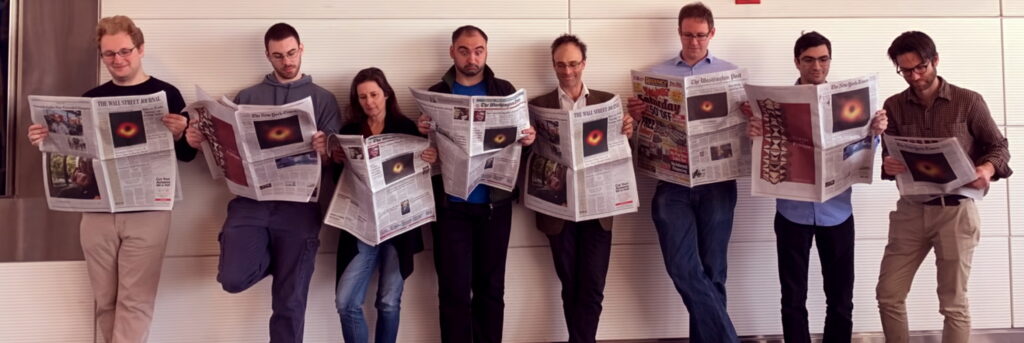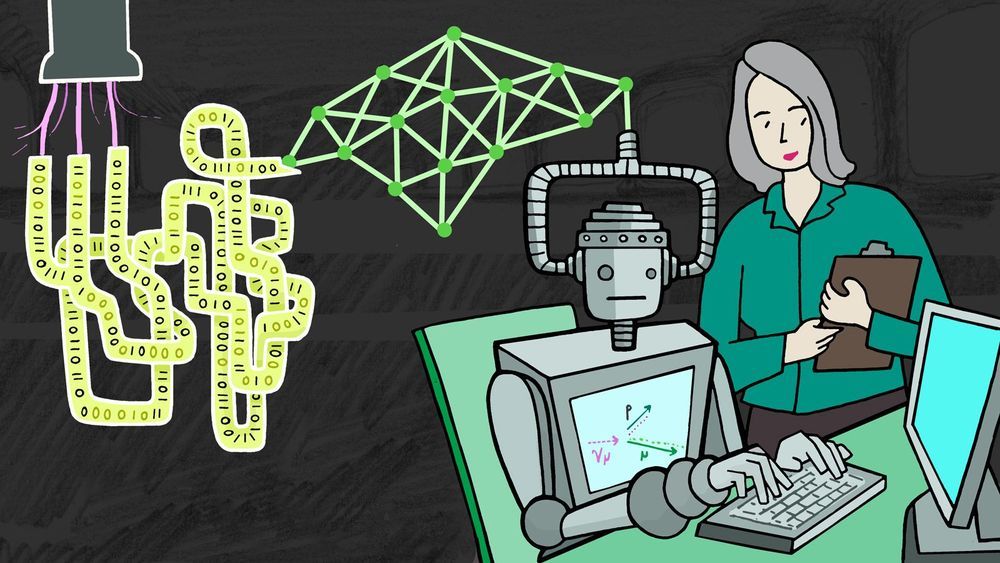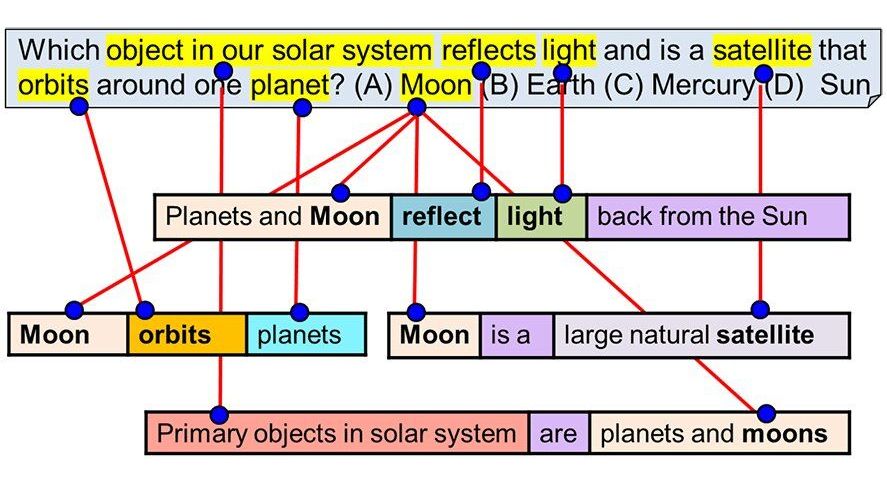Category: science – Page 106


Longevity: A Radical New Science
Getting old is an unavoidable truth of life. And yet, for most of modern history this mortal coil has baffled scientists. Over the past decade, however, researchers have made great strides in understanding the cellular, molecular, and genetic tableau of aging—which has brought the next question into sharp focus: Can aging be stopped? While a full answer remains elusive, recent advancements have opened the door for significantly extending the human lifespan. One controversial researcher even claims that the first person who will live 1,000 years has already been born. Mainstream researchers are decidedly more cautious in their predictions, but the prospect of postponing mortality, even in modest ways, raises important ethical, social, and practical questions. How would we control an increasingly out-of-control global population? Does life have meaning without death? Even if we could live forever, would we want to?
The World Science Festival gathers great minds in science and the arts to produce live and digital content that allows a broad general audience to engage with scientific discoveries. Our mission is to cultivate a general public informed by science, inspired by its wonder, convinced of its value, and prepared to engage with its implications for the future.
Visit our Website: http://www.worldsciencefestival.com/
Like us on Facebook: https://www.facebook.com/worldsciencefestival
Follow us on twitter: https://twitter.com/WorldSciFest
Original Program Date: June 2, 2011
MODERATOR: Bill Ritter
PARTICIPANTS: Leonard Guarente, Judith Campisi, Michael Rose, Aubrey de Grey.
Bill Ritter’s Introduction 0:05
Does Life Have Meaning Without Death? 02:50.

Stunning 1st image of Black Hole
Yesterday (Sep 5, 2019), the Breakthrough Prize Foundation awarded $21.6 million US dollars to the scientists behind a stunning achievement. They imaged a black hole. Although the image was announced and released 5 months ago, the story is still unfolding.
Yesterday (Sep 5, 2019), the Breakthrough Prize Foundation awarded $21.6 million US dollars to the scientists behind a stunning achievement. They imaged a black hole. Although the image was announced and released 5 months ago, the story is still unfolding.
The Breakthrough Prize is funded by Russian-Israeli billionaire Yuri Milner. It is the highest-paying science prize for researchers in life science, math, and physics.


AI Aristo takes science test, emerges multiple-choice superstar
Aristo has passed an American eighth grade science test. If you are told Aristo is an earnest kid who loves to read all he can about Faraday and plays the drums you will say so what, big deal.
Aristo, though, is an artificial intelligence program and scientists would like the world to know this is a big deal, as “a benchmark in AI development,” as Melissa Locker called it in Fast Company.
We mean, just think about it. Cade Metz, in The New York Times, has thought about it. “Four years ago, more than 700 computer scientists competed in a contest to build artificial intelligence that could pass an eighth-grade science test. There was $80,000 in prize money on the line. They all flunked. Even the most sophisticated system couldn’t do better than 60% on the test. AI couldn’t match the language and logic skills that students are expected to have when they enter high school.”

2020 Breakthrough Prizes: Who won this year’s ‘Oscars of science’?
This year’s other prizes include four in the life sciences, a special prize in fundamental physics for the invention of supergravity, one winner in mathematics, and a handful of $100,000 awards for early career researchers. Recipients will be honored at an awards gala to be held on November 3 at the NASA Ames Research Center in Mountain View, California, and broadcast live on National Geographic.
A record-setting black hole picture and advances in how we perceive pain are among the winners of this year’s $3-million prizes.